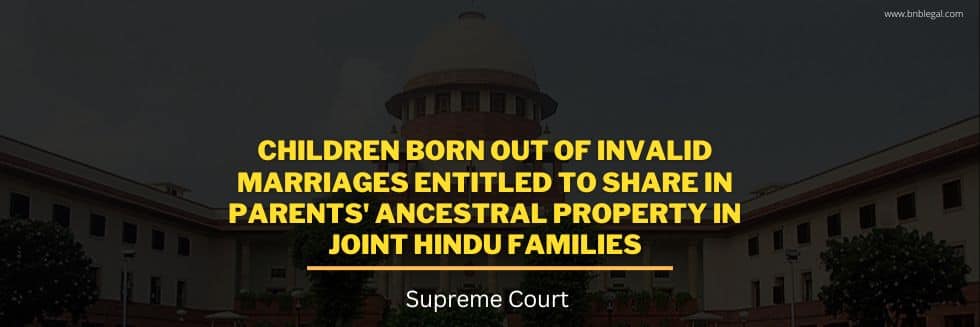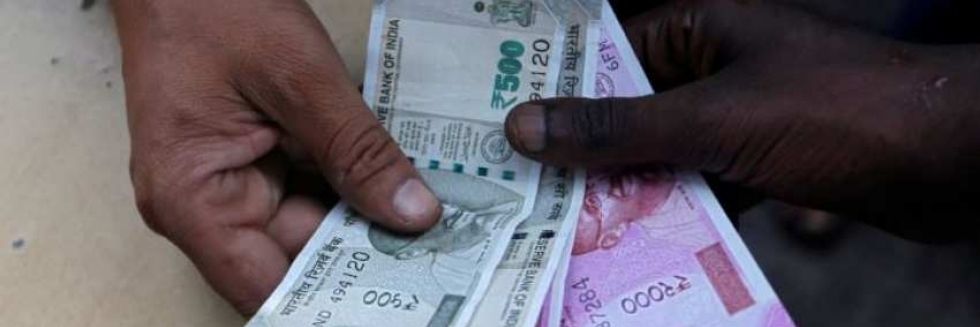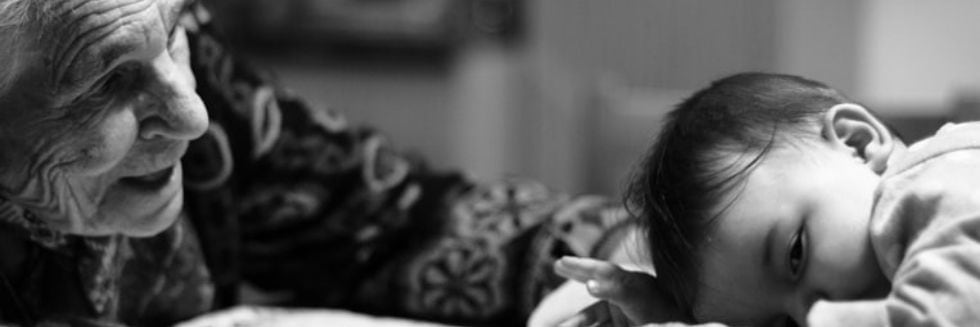Supreme Court on Friday noted that children born out of void or voidable marriages can claim their right to property in the parents’ ancestral property in joint Hindu families under the Mitakshara system of law.
The bench comprising Chief Justice of India (CJI) DY Chandrachud, Justice JB Pardiwala, and Justice Manoj Misra ruled that a child falling within the purview of Section 16(1) and Section 16(2) of the Hindu Marriage Act (HMA) shall be considered a lawful heir under the Hindu Succession Act (HSA).
The bench added that the Hindu Succession Act’s Section 6 lays down a legal fiction that coparcenary property would be treated as if partition had taken place.
The bench held that the provisions of the Hindu Succession Act have to be harmonised with those of the Hindu Marriage Act to ensure that a child under Section 16(1) and (2) of the HMA has a right in the parents’ property.
However, the children born in void or voidable marriages will not have the rights in the property of other family members.
The apex court made it clear that a child born in a void or voidable marriage does not ipso facto become a coparcener in the Hindu Mitakshara Joint Family.
“The basic principle which governs such an HUF is that a coparcener holds a property in common with others. The birth of a person who is a coparcener leads to the acquisition of an interest in the coparcenary property. Shares are liable to increase with birth and reduce with the death of a coparcener,” the top court bench said.
The bench added that consequent to the substitution of Section 6(3) of the Hindu Marriage Act, devolution of the share of a Hindu male coparcener in the property of a Hindu Undivided Family governed by Mitakshara law upon death takes place not by survivorship but by testamentary or intestate succession.
“Section 6(3) has therefore after its substitution provides for devolution by testamentary or intestate succession under the Act and not by survivorship. Section 6 however, continues to recognize the existence of Mitakshara Hindu Joint families,” the bench said.
Supreme Court Observation in Revanasiddappa and Anr v. Mallikarjun and Ors Case
- While conferring legitimacy in terms of sub-section (1) on a child born from a void marriage and under sub-section (2) to a child born from a voidable marriage which has been annulled, the legislature has stipulated in subsection (3) of Section 16 that such a child will have rights to or in the property of the parents and not in the property of any other person;
- A child who is legitimate under sub-section (1) or sub-section (2) of Section 16 of the HMA would, for the purposes of Section 3(1)(j) of the HSA 1956, fall within the ambit of the explanation ‘related by legitimate kinship’ and cannot be regarded as an ‘illegitimate child’ for the purposes of the proviso;
- The rule of devolution by testamentary or intestate succession of the interest of a deceased Hindu in the property of a Joint Hindu family governed by Mitakshara law has been made the norm;
- The interest of a Hindu Mitakshara coparcener is deemed to be the share in the property that would have been allotted to him if a partition of the property has taken place immediately before his death irrespective of whether or not he is entitled to claim partition;
- Once the share of the deceased in property that would have been allotted to him if a partition had taken place immediately before his death is ascertained, his heirs including the children who have been conferred with legitimacy under Section 16 of the HMA 1955, will be entitled to their share in the property which would have been allotted to the deceased upon the notional partition, if it had taken place.
CJI’s Illustration To Understand Property Rights Of Children Born In Void/Voidable Marriages
To make it more clear, CJI Chandrachud gave an illustration which stated,
“Suppose there are four brothers C1, C2, C3 and C4. C2 dies. Notional partition takes place immediately before his death. C2 has a widow, a daughter from a valid marriage, and a son from an invalid marriage. So if a notional partition is to take place, C2 will be getting 1/4th of the coparcenory property. So that share which would be allotted to C2, namely the 1/4th, would be distributed among him, his wife, and his daughter – 1/12th each. Further, the 1/12th share of C2 would be distributed among the wife, the daughter, and the son from the invalid marriage.”
He added that one argument was that the 1/4th share of C2 also should be allotted to the son from the invalid marriage.
“That can’t be. Because to hold so would be to make the son from the invalid marriage a coparcener and that would directly conflict with Section 16(3),” he said.






